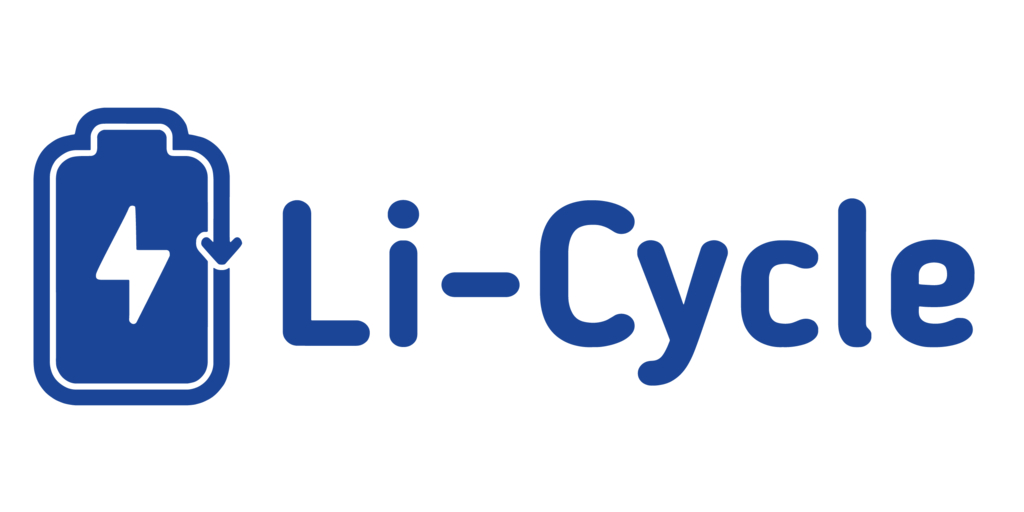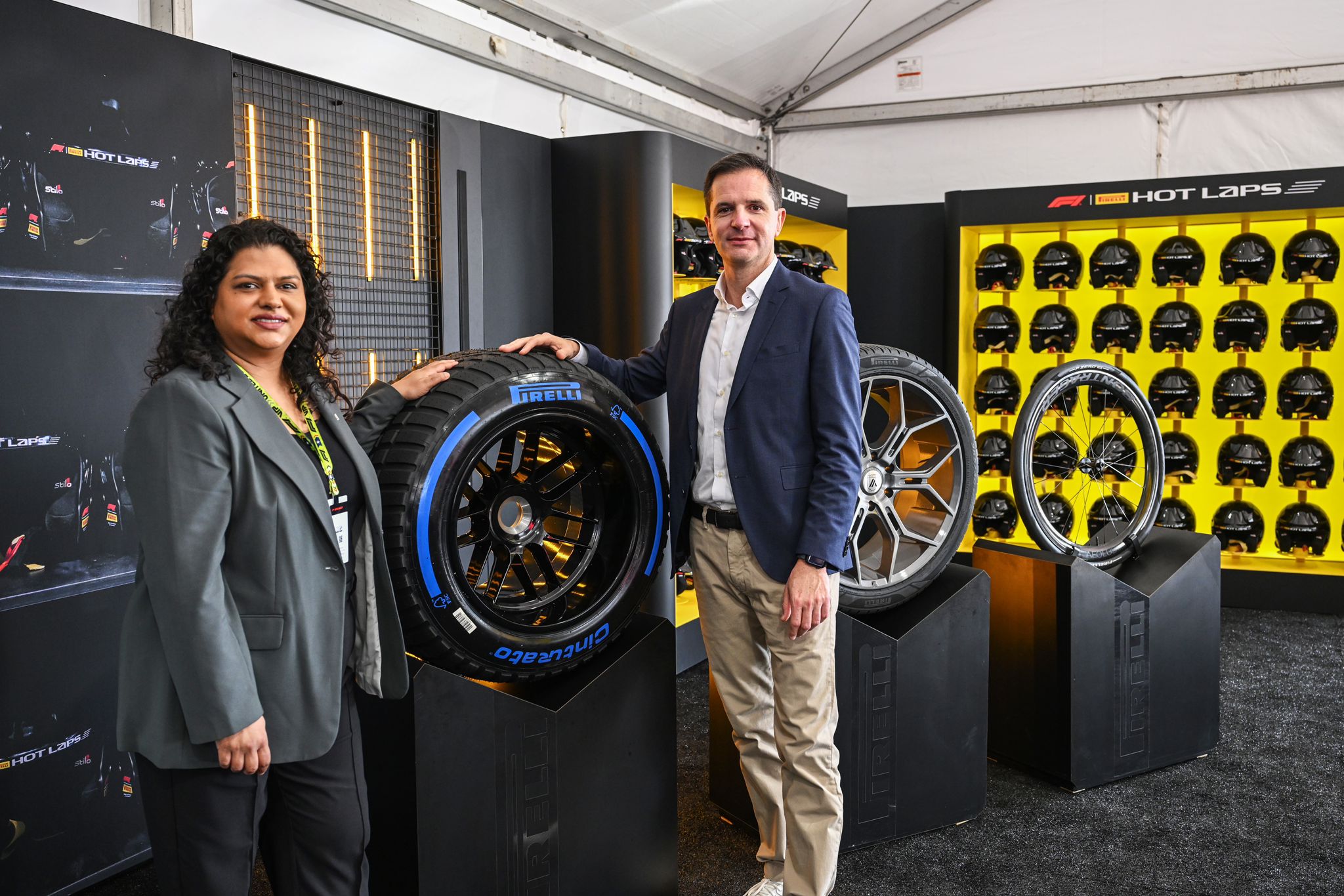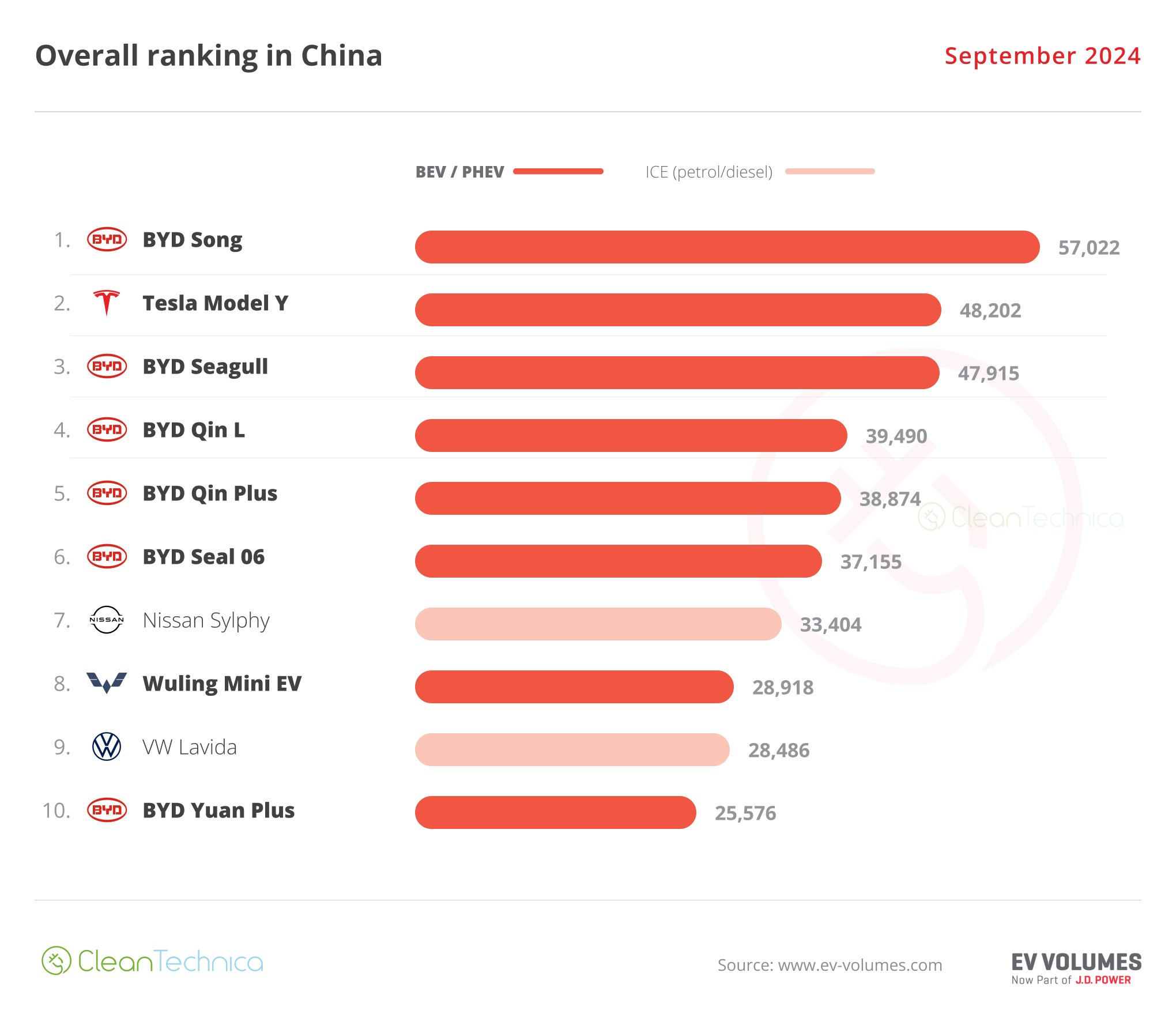Sign up for daily news updates from CleanTechnica on email. Or follow us on Google News!
The first time I ever heard the phrase “untaxed externalities,” it was when Elon Musk used it more than a decade ago. It is a term of art used by economists to describe things that have a cost that the people who make things don’t have to pay. But they are costs nonetheless, and so have to be accounted for somewhere in the economic model in order to get a true picture of what any human activity actually costs. In effect, they are subsidies that give one industry an unfair advantage. Stripped to its essence, an untaxed externality means a cost that gets passed on to someone else to pay. In most cases, that someone else is you and me.
Here’s an example: A company drills for oil and finds some. It then pumps that oil out of the ground, puts it on a ship, and sends it to a refinery where it is made into gasoline, jet fuel, and other hydrocarbons that are the basis of virtually every plastic material known to science, from plastic bags at the grocery store to Teflon that keeps your pancakes from sticking to the pan. From the refinery, those products are put on trucks, rail cars, or more ships to be transported to manufacturers and end users.
But here’s the thing. Every step in that process creates carbon dioxide. In fact, so much carbon dioxide that it causes the average temperature of the Earth to rise, which leads to melting of the Earth’s glaciers, which leads to rising sea levels. Those hotter temperatures cause stress on millions of people who have their lives shortened as a result. It also motivates people to leave their homes in search of cooler climes, and that in turn causes nations to create policies to prevent climate refugees from crossing their borders.
Untaxed Externalities Are Subsidies
In human history, oil companies have never been required to pay for the damage caused by their activities. Instead, they foist that burden off on society and scream bloody murder if someone does try to get them to pay for the harm they have done. They hire people who are willing to say anything for a buck to claim that carbon dioxide is really a good thing, and it is. It is essential to growing things, just as water is. But follow along here. The tomato plants in your garden need water, too, but if you dump thousands of gallons of water on them, they die. Do you see where this is going?
Elon Musk, the idiot savant from Pretoria, South Africa, is about to become the second most powerful person in the world, thanks to being appointed by the incoming president of the United States to take a sledgehammer to the federal bureaucracy. Preparing for his new role, he said in July, “Take away the subsidies. It will only help Tesla. Also, remove subsidies from all industries!” He also called federal support for EV charging infrastructure unnecessary. “Do we need support for gas stations? We don’t. There’s no need for support for a charging network. I would delete it. Delete.”
The world spends $423 billion a year on subsidies for fossil fuels, according to the United Nations. US subsidies are roughly $20 billion a year. Many environmentalists (that is to say, people who choose not to destroy the Earth so people can post videos on TikTok) would be delighted to see those subsidies disappear. Why pay someone to do stuff that harms the Earth? But those are just direct subsidies. According to the International Monetary Fund, when we add in the indirect subsidies fossil fuel companies get because they are given a license to pollute the atmosphere without any limits, the actual economic cost it more than $7 trillion a year. That’s what the costs of a warming climate are if we include the damage to human health, and the cost of protecting our civilization from rising seas, punishing storms, insufferable heat, and the desertification of areas that were once lush with vegetation. If all those costs were added up and assigned to those responsible, the price of a gallon of gasoline would be $20 or more. In the world of economics, that would provide the most powerful boost to the EV revolution imaginable.
If the Magnificent Mister Musk is truly serious about ending all subsidies, that is what he should be advocating for. But he is not, which calls into question how serious he is about his notion. And of course, Musk never engages with the press, so no one has any idea what the details of his thinking might be. It is easy to make broad pronouncements, but governing takes real work. Is Musk ready to get down in the weeds and do the hard work of crafting actual policies or does he intend to just issue broad statements and call it a day?
Electric Cars And Government Support
In a press release on November 15, Mike Murphy, the founder and CEO of the American EV Jobs Alliance, said the group would vocally oppose efforts to repeal the EV policies enacted by the Biden administration such as the Inflation Reduction Act, saying it would be “misguided” for an incoming Trump administration to do so and “ironic,” given that much of the new spending in the field happens to be in red states. “This is very unfortunate news for American consumers and autoworkers who are benefitting from the $188 billion surge in new manufacturing capacity in the US to design and manufacture the vehicles of the future and to compete globally. This means lost jobs, more pollution, and a strategic advantage to our competitors in a rapidly growing Chinese automotive industry.” The Alliance for Automotive Innovation, an industry group that represents Ford, GM, Honda, Toyota, and other also urged Congress to keep the tax credits in an October letter that called the rebate “critical to cementing the US as a global leader in the future of automotive technology and manufacturing.”
Indeed, the ideas that Musk has put forward are a version of economic policy straight out of Ayn Rand. Government should give nothing to anybody. If you can’t make a profit on your own, sucks to be you. See you in bankruptcy with all the other losers. This version of how the world works leaves out a few things, however. It leaves out the roads, bridges, tunnels, and highways that are the lifeblood of commerce. Who pays for them? It leaves out the air traffic controllers, the public employees who keep airplanes from bumping into each other in the sky. It leaves out the government inspectors who keep our food processing system safe. It also leaves out farmers who depend on government price support systems to survive. And what about federal regulations that require the maintenance of jet engines at regular intervals? Should we throw them in the garbage with all the other accouterments of government and let corporations police themselves? How did that work out for Boeing? It also could mean the end of all government funded research labs.
There are some who carp that Musk himself got rich because of subsidies. Will he pay Nevada back the $1.2 billion it gave Tesla to build its first Gigafactory? Will he say no thank you to the billions in zero emissions credits Tesla has sold to other companies? Will he oppose government loan programs like the one that allowed Tesla to survive when it was struggling? If the answer is no, what does that say about Musk’s newfound antipathy to all subsidies? The word hypocrite comes to mind. Do as I say, not as I do is not a good look for the new ayatollah of government efficiency. The question, ultimately, is how much efficiency can America afford? We are about to find out.
Have a tip for CleanTechnica? Want to advertise? Want to suggest a guest for our CleanTech Talk podcast? Contact us here.
Sign up for our daily newsletter for 15 new cleantech stories a day. Or sign up for our weekly one if daily is too frequent.
CleanTechnica uses affiliate links. See our policy here.
CleanTechnica’s Comment Policy




